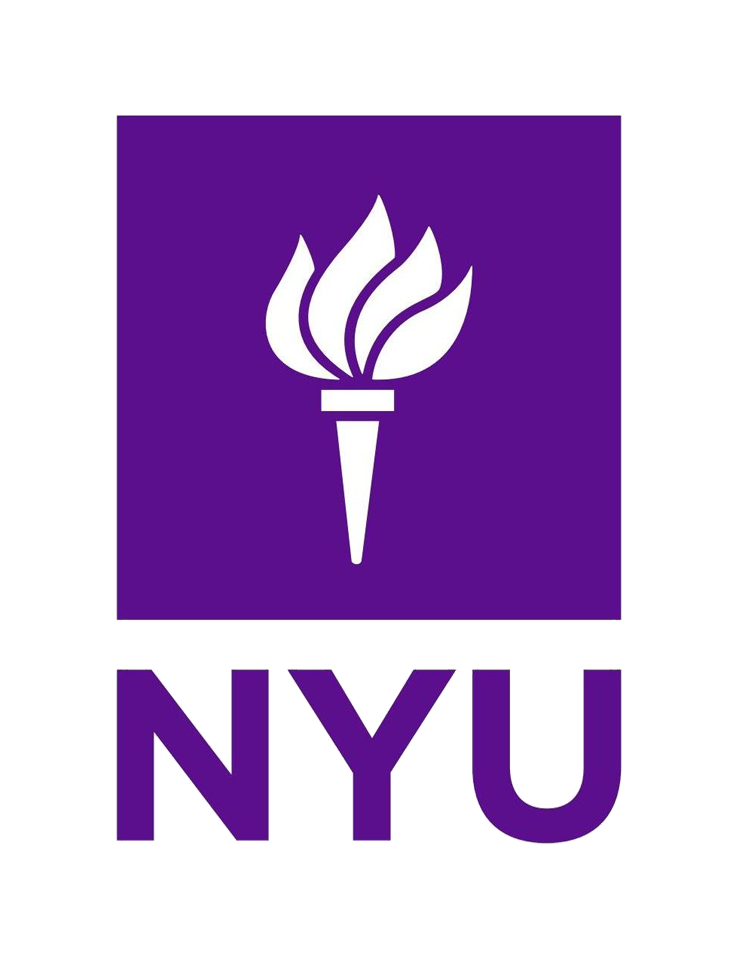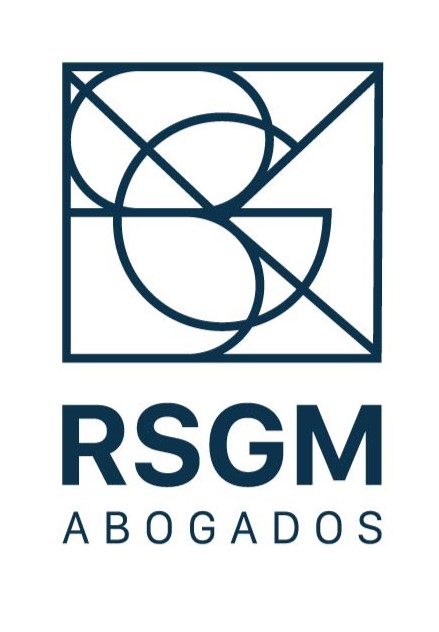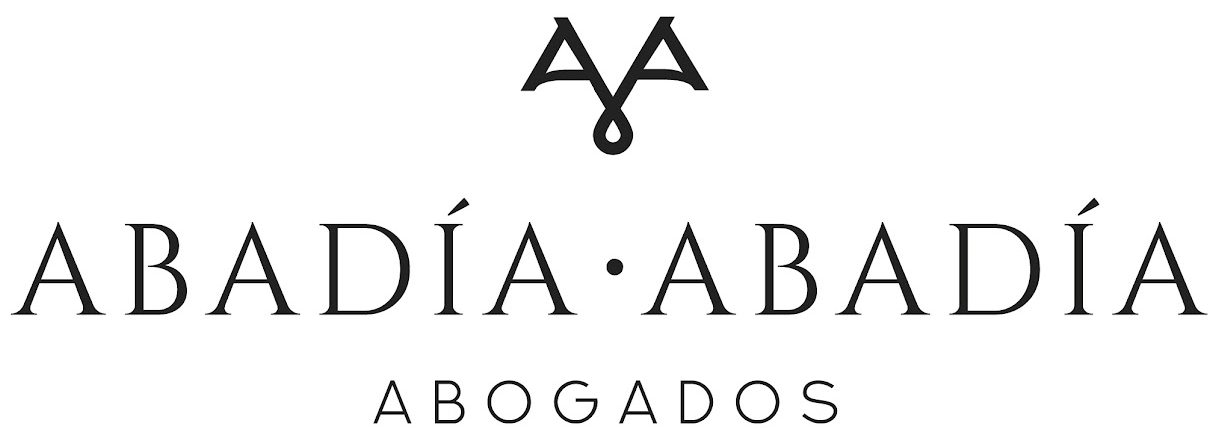[sfwafooter]
A recent graduate or junior lawyer has theoretical knowledge of the law, but still lacks the kind of knowledge and skills that characterize elite lawyers. This is compounded today by the need to practice the profession in the context of globalization, a phenomenon that affects all kinds of relationships between individuals and corporations. Even family businesses now have to deal with complex legal issues, involving foreign law, international labour law, international trade or complex tax law regulations.
This program is a unique possibility to cover both of these shortcomings and, with the help of renowned specialists, become the kind of professional that clients want to have on their side. This is why it is a privileged way to enter the best firms, for which ISDE has become a true Head Hunter.
There are many national and international firms that participate in the development of the program, which has an eminently practical training methodology. After a first phase in which the students acquire solid theoretical foundations, put to the test in situations that faithfully reproduce the cases and the environment in which these firms work, in the second part of the programme the students are integrated into these firms, in a period of compulsory practice.
For these reasons and the rate of labour insertion of its students, this Master is the indisputable leader in the main specialized rankings of our country.


Two phases:
Phase one: Classroom instruction:
Second phase: Integration in internships:
The Master in International Law opens up a wide range of professional opportunities. On the one hand, because its study plan does not stick to a specific area of the law, but deals with all those legal specialties that may have an international component. On the other hand, because both commercial activity and public and private relations no longer understand borders.
In short, this is one of our most recognized masters worldwide and also one of the most professional opportunities.
After obtaining your degree, you will be able to practice law in many different areas:
ECONOMIC-FINANCIAL AREA
ADMINISTRATIVE LAW
CIVIL LAW
INDUSTRIAL AND INTELLECTUAL PROPERTY LAW AND UNFAIR COMPETITION
EU LAW
REGULATORY AND NEW TECHNOLOGY INTERNATIONAL LAW
TAX LAW
REAL ESTATE LAW
LABOR LAW
INTERNATIONAL TRADE LAW
COMPETITION LAW
CORPORATE LAW
CRIMINAL LAW
PROCEDURAL LAW
HUMAN RESOURCES AND COACHING
DEONTOLOGY and Prevention of Money Laundering
THE PRACTICE OF LAW – INTERNATIONAL INSTITUTIONS
ROBOTICS – AI
COMPLIANCE PROGRAMS
LEGAL ENGLISH
1. AREAS OF FUNDAMENTAL RIGHTS
a) CIVIL AREA
• International Adoption
• Matrimonial
• Child Custody
• Succession
• Nationality and Immigration
• Contractual and Non-Contractual Liability
b) CRIMINAL AREA
• Economic Criminal Law
• Criminal Procedure
• International Judicial Cooperation in Criminal Matters
• Compliance Programs
c) PUBLIC/ADMINISTRATIVE AREA
• Patrimonial Liability of the Public Administration and Administrative Procedure
• Contracting with Public Administrations, International Aspects
• The State’s Entrepreneurial Activity
d) LABOR AREA
• Labor Law
• Labor Law (International Posting of Workers; Introduction to Labor Procedure)
2. AREAS AND SPECIALTY SUBJECTS
a) PROPERTY LAW
a. REAL ESTATE PROPERTY LAW
• Real Estate Law
• Financing and Structuring of Real Estate Transactions
• Commercial Aspects of Real Estate Joint Ventures
• International Aspects of Real Estate Transactions (cross-border operations)
• Special Situations
b. INDUSTRIAL AND INTELLECTUAL PROPERTY LAW AND UNFAIR COMPETITION
• Introduction to Industrial and Intellectual Property Law
• Industrial Property: Patents
• Industrial Property: Trademark Legal Protection
• Industrial Property: Procedural Defense of Industrial Designs
• Intellectual Property
• Unfair Competition
b) COMMERCIAL AND CORPORATE LAW
• Introduction to Corporate Law and Comparative Corporate Law
• Corporate Governance
• Corporate Organization and Lifecycle
• Joint Ventures
• Corporate Groups and Business Succession
• Directors’ Liability
• Introduction to Financial Markets – Stock Exchange
• Legal Aspects of Startups
c) PRIVATE EQUITY
• Introduction to Private Equity Transactions
• Sale or Investment Agreements
• Shareholders’ Agreements in Private Equity Transactions
• Practical Aspects of Private Equity Transactions
3. ACCOUNTING AND FINANCE AREAS
a) BANKING AND FINANCIAL LAW
• Banking Law
• Structured Finance
b) TAX AREA
• Direct Taxation: Corporate Income Tax
• Direct Taxation: Personal Income Tax
• Indirect Taxation: VAT, Transfer Tax…
• International Taxation
• Transfer Pricing
4. AREAS OF INTERNATIONAL LAW AND EUROPEAN UNION LAW
a) PUBLIC INTERNATIONAL, REGULATORY AND NEW TECHNOLOGIES LAW
• Energy Law
• Environmental Law
• Artificial Intelligence: risks, challenges, best practices and legal framework
• Personal Data Protection
• Telecommunications and Robotics Law
• Electronic Contracting
• Audiovisual Law
b) EUROPEAN UNION LAW
• Institutions and General Principles of EU Law
• Fundamental Freedoms and the Internal Market
• EU Procedural Law
c) INTERNATIONAL TRADE LAW
• Introduction to International Commercial Law: International Trade Law and Introduction to International Contracting; Applicable Law and Jurisdiction
• Contract Drafting: Practical Class
• UNIDROIT Principles and International Trade
• Distribution, Agency and Franchise Agreements
• Commission and Mediation/Brokerage Agreements
• Supply and Warehousing Agreements
• International Services Agreement
• Insurance Contract
• Expansion Paths in International Trade for Companies: M&A Transactions
• Strategic Planning and General Advice: International/Maritime Transport Law
• Corporate Restructuring
5. COMPETITION LAW AREA
• Competition Law: Restrive/Abusive Practices.
• Competition Law: Concentrations
• Competition Law: State Aid
6. PROCEDURAL LAW AND ARBITRATION AREA
• Arbitration
• International Civil Procedure
• Mediation and other ADRs
7. LANGUAGES
• Legal English and Introduction to Common Law
8. INTRODUCTION TO NEW TECHNOLOGIES IN LEGAL PRACTICE
• Introduction to Language Models
• Basic Issues in the Use of Technology
• Ethical Issues in the Use of Technology
MASTER CLASSES
*The academic program is subject to change.
*Faculty is subject to change.
Once the relevant Program has concluded and ISDE has verified that the STUDENT has completed their work satisfactorily, the STUDENT will receive the corresponding Degree certificate for each PROGRAM.
In compliance with current legality and, specifically, as set forth in article 4.4 of decree 84/2004, it is noted that ISDE’s programs are professionally oriented and therefore, unless explicitly stated otherwise, they are courses that do not lead to the acquisition of a title with official value, but to that of a proprietary title from ISDE.


